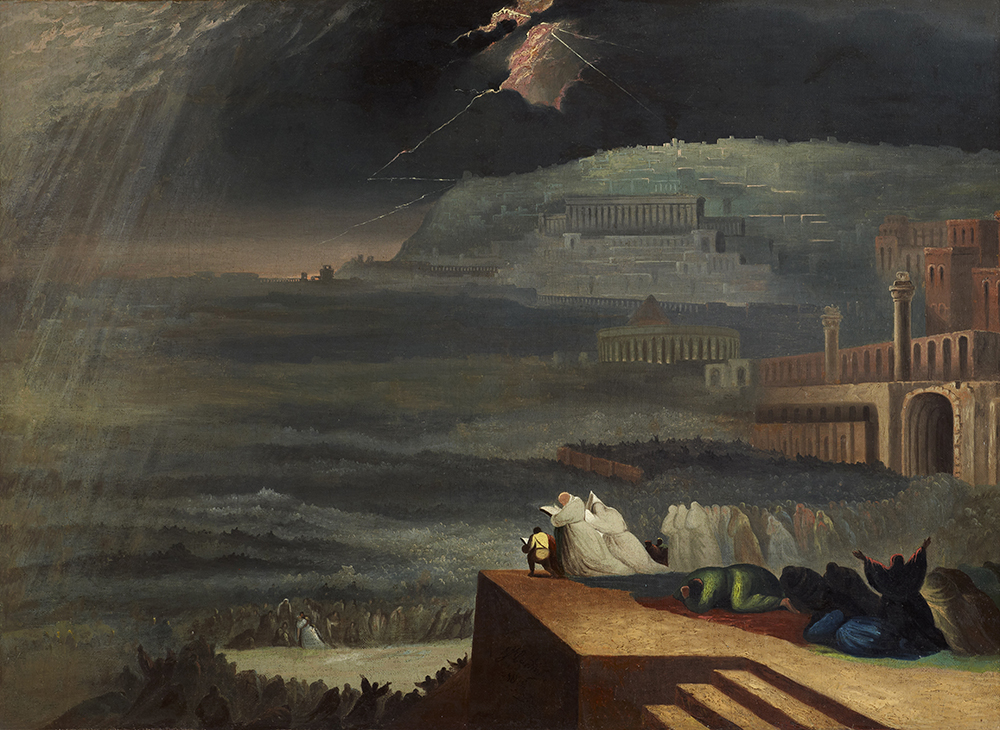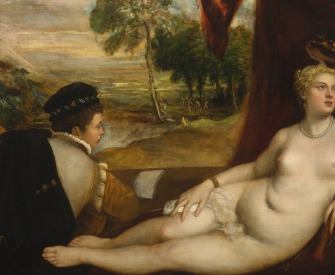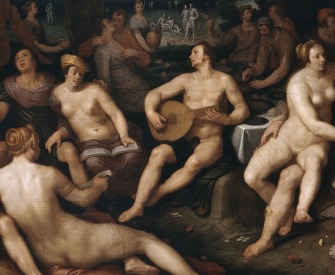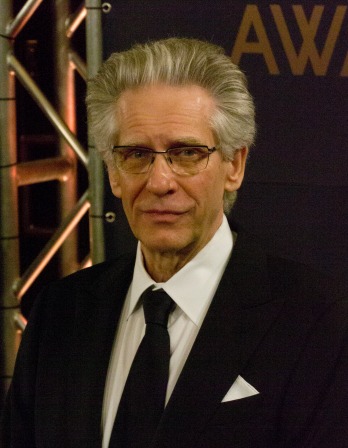If it be true that the temper of the mind and the passions of the heart are extremely different in different climates, the laws ought to be in relation both to the variety of those passions and to the variety of those tempers.
Cold air constringes the extremities of the external fibers of the body; this increases their elasticity and favors the return of the blood from the extreme parts to the heart. It contracts those very fibers; consequently, it increases also their force. On the contrary, warm air relaxes and lengthens the extremes of the fibers; of course, it diminishes their force and elasticity.
People are therefore more vigorous in cold climates. Here the action of the heart and the reaction of the extremities of the fibers are better performed, the temperature of the humors is greater, the blood moves more freely toward the heart, and reciprocally the heart has more power. This superiority of strength must produce various effects; for instance, a greater boldness, that is, more courage; a greater sense of superiority, that is, less desire of revenge; a greater opinion of security, that is, more frankness, less suspicion, policy, and cunning. In short, this must be productive of very different tempers. Put a man into a close, warm place, and for the reasons above given, he will feel a great faintness. If under this circumstance you propose a bold enterprise to him, I believe you will find him very little disposed toward it; his present weakness will throw him into despondency; he will be afraid of everything, being in a state of total incapacity. The inhabitants of warm countries are, like old men, timorous; the people in cold countries are, like young men, brave. If we reflect on the late wars, which are more recent in our memory, and in which we can better distinguish some particular effects that escape us at a greater distance of time, we shall find that the northern people transplanted into southern regions did not perform such exploits as their countrymen who, fighting in their own climate, possessed their full vigor and courage.
In cold countries they have very little sensibility for pleasure; in temperate countries, they have more; in warm countries, their sensibility is exquisite. As climates are distinguished by degrees of latitude, we might distinguish them also in some measure by those of sensibility. I have been at the opera in England and in Italy, where I have seen the same pieces and the same performers, and yet the same music produces such different effects on the two nations: one is so cold and phlegmatic and the other so lively and enraptured that it seems almost inconceivable.
It is the same with regard to pain, which is excited by the laceration of some fiber of the body. The author of nature has made it an established rule that this pain should be more acute in proportion as the laceration is greater. Now, it is evident that the large bodies and coarse fibers of the people of the north are less capable of laceration than the delicate fibers of the inhabitants of warm countries; consequently, the soul is there less sensible of pain. You must flay a Muscovite alive to make him feel.

The Repentance of Nineveh, after John Martin, 1829. © National Trust Photo Library / Art Resource, NY.
From this delicacy of organs peculiar to warm climates, it follows that the soul is most sensibly moved by whatever relates to the union of the two sexes: here everything leads to this object.
In northern climates scarcely has the animal part of love a power of making itself felt. In temperate climates, love, attended by a thousand appendages, endeavors to please by things that have at first the appearance, though not the reality, of this passion. In warmer climates it is liked for its own sake, it is the only cause of happiness, it is life itself.
In southern countries a machine of a delicate frame but strong sensibility resigns itself either to a love that rises and is incessantly laid in a seraglio, or to a passion which leaves women in a greater independence, and is consequently exposed to a thousand inquietudes. In northern regions a machine robust and heavy finds pleasure in whatever is apt to throw the spirits into motion, such as hunting, traveling, war, and wine. If we travel toward the north, we meet with people who have few vices, many virtues, and a great share of frankness and sincerity. If we draw near the south, we fancy ourselves entirely removed from the verge of morality; here the strongest passions are productive of all manner of crimes, each man endeavoring, let the means be what they will, to indulge his inordinate desires. In temperate climates we find the inhabitants inconstant in their manners, as well as in their vices and virtues: the climate has not a quality determinate enough to fix them.
The heat of the climate may be so excessive as to deprive the body of all vigor and strength. Then the faintness is communicated to the mind; there is no curiosity, no enterprise, no generosity of sentiment; the inclinations are all passive; indolence constitutes the utmost happiness; scarcely any punishment is so severe as mental employment; and slavery is more supportable than the force and vigor of mind necessary for human conduct.
From The Spirit of Laws. A great influence on the authors of the U.S. Constitution, Montesquieu’s treatise—among the first to assert the importance of climate on national character—put forward the dominant Enlightenment notion that temperate European countries produced cultures superior to those of hotter climates. Such claims were used to justify the continued exploitation of European colonies. A 2008 assessment of the environmental costs of globalization since 1961 found that the richest countries had caused 42 percent of the world’s environmental degradation while bearing only 3 percent of the costs.
Back to Issue






